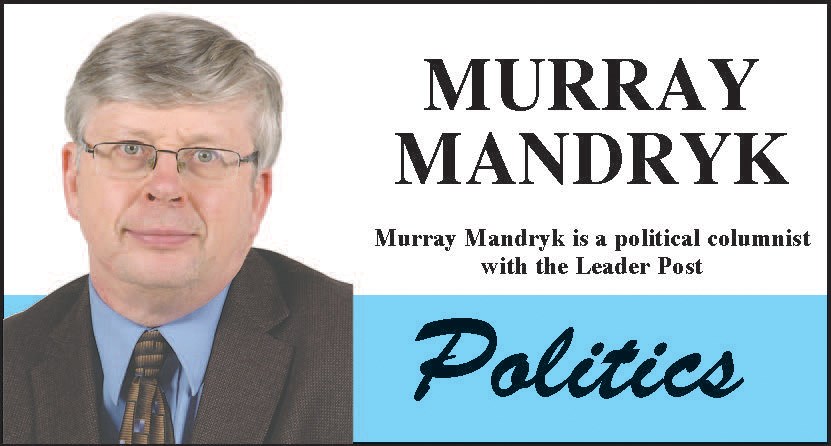Saskatchewan saw its first deaths from COVID-19, making this pandemic all-too-real and all-too-close to home.
It never ceases to amaze me how connected we are to events elsewhere in the world. This coronavirus pandemic has drove that point home.
As it stands right now, the usual economic considerations in which we define our connection to the rest of world pale in comparison to the reality that we are now seeing deaths from the same virus killing people half a world away.
COVID-19 is more contagious and far more deadly than the flu, for which there is a vaccine.
We need to heed the warnings to stay home.
Thankfully, we are not seeing nor are we likely to see the death toll we’ve witnessed in China, Italy, Spain and now the United States where President Donald Trump downplayed COVID-19 as nothing more than the flu.
Even after the U.S.’s initial deaths, Trump was telling his public that social-distancing measures could be lifted by this week’s Easter holidays – a better course of action preferable to the suicides and other outcomes we would see as a result of a slowdown of the American economy.
Today, the U.S. has the most identified COVID-19 cases in the world and may soon be challenging Italy for the highest death toll, given some projections saying we could see 2,000 Americans die each day when the pandemic peak hits that country.
Whatever the shortcomings of our own leaders, we should be thankful they were as obstinate as Trump. By contrast, they started listening to the doctors and science much, much earlier. They took seriously the modelling showing the potential number people infected if no action is taken.
And, as unpleasant as it this has been to hear, the proactive approach of our leadership hasn’t been lost on the Canadian public who, overwhelmingly, have gotten behind their politicians.
Opinion polls suggest they very much respect what their leaders have been doing and those like Ontario Progressive Conservative leader Doug Ford are emerging as stars.
Trump, on the other hand, only began to come around when the modelling showed U.S. death totals could be between 1.5- and 2.2-million Americans if that country continued to do next to nothing.
But does that mean our politicians have moved as quickly as they should have?
That answer is obvious.
As previously suggested, Saskatchewan is a wide-open place where you can feel removed from the world. Certainly in rural Saskatchewan where you can be miles from your neighbour, it can lull you into the notion that what’s happening in the rest of the world doesn’t much matter.
What this outbreak tells us – what it should have been telling Premier Scott Moe and his Saskatchewan Party government a month ago when they were playing with the notion of a snap spring election – is that they needed to take the possible scenario we are now in far more seriously than they did.
When the coronavirus was already a serious problem in China or Italy and no one here was taking it seriously because it was deemed a problem far away from us.
Even on March 12 when the first case emerged in Saskatchewan, we were simply told this was the result of travel and today’s serious social distancing
Let's credit Moe and company for acting after the initial Saskatchewan cases by limiting gatherings to 250 and insisting those returning from the U.S. and other countries self-isolate for two weeks. This came before similar federal government restrictions.
But it is also clear Moe was caught up the politics of a spring election, which will now be a black mark on his handling of this crisis.
It shows us we can’t assume we aren’t going to affected by what’s going in the rest of the world.
Murray Mandryk has been covering provincial politics for over 22 years.




